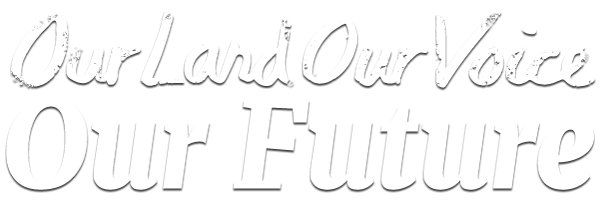The BLM’s Louse Canyon Geographic Management Area Rangeland Health Management Actions
The first Environmental Impact Statement (EIS) to come out of the final version of the Greater Sage-Grouse ARMPA was released over the holidays. The comment period for this EIS ends on Monday, January 13. We apologize for the short notice, but things do get overlooked at the end of the year and we do want to bring this important issue to your attention. You can view it at: https://eplanning.blm.gov/eplanning-ui/project/1501965/510.
It is very important that the local community comment on this EIS. The alternatives propose removing grazing, reducing AUMs by as much as half or resting the area for an entire decade.
The primary threat to sage grouse is fire. Therefore the reduction of grazing does not make sense in a sage-grouse management document.
Please take the time to comment and state that reducing grazing, especially in areas that are very hard to access for fire fighting purposes, is an unacceptable proposal for rangeland management in Malheur County.
COMMENT
You can submit your comment directly by email to BLM_OR_VL_Louse_Canyon_GMA@blm.gov (Attention line: Louse Canyon GMA DEIS) or directly through the BLM Planning site:https://eplanning.blm.gov/eplanning-ui/project/1501965/510 by clicking on the green button at right “Particpate Now”.
Proposed Comment
"I am writing as a concerned citizen of Malheur County and a local RFPA fire responder. I do not find that reducing grazing, removing grazing or "resting" an area for up to a decade is an acceptable solution in a sage-grouse management plan.
The number one challenge to the grouse population in this area is wildfire. Livestock grazing is the best option we have for removing fine fuel and reducing the possibility of megafires, especially in areas such as the Louse Canyon Area that are very difficult to access quickly, if at all, when a fire occurs.
I support the increase of water infrastructure, flexibility of season of use or whatever else may be necessary to maintain or increase the AUMs used in this area. If wild horses or feral livestock are damaging riparian areas, then that should be directly addressed.“
Your engagement is critical and comments really do matter. Below are some ways to make your comment "substantive" - but if you simply copy and paste the above proposed comment, it still is a big help. Please take time to quickly help out your neighbors here in Malheur County. For more information, you can call Jaime Yturiondobetia at 802-825-5521.
Thank you,
The Owyhee Basin Stewardship Coalition Board



